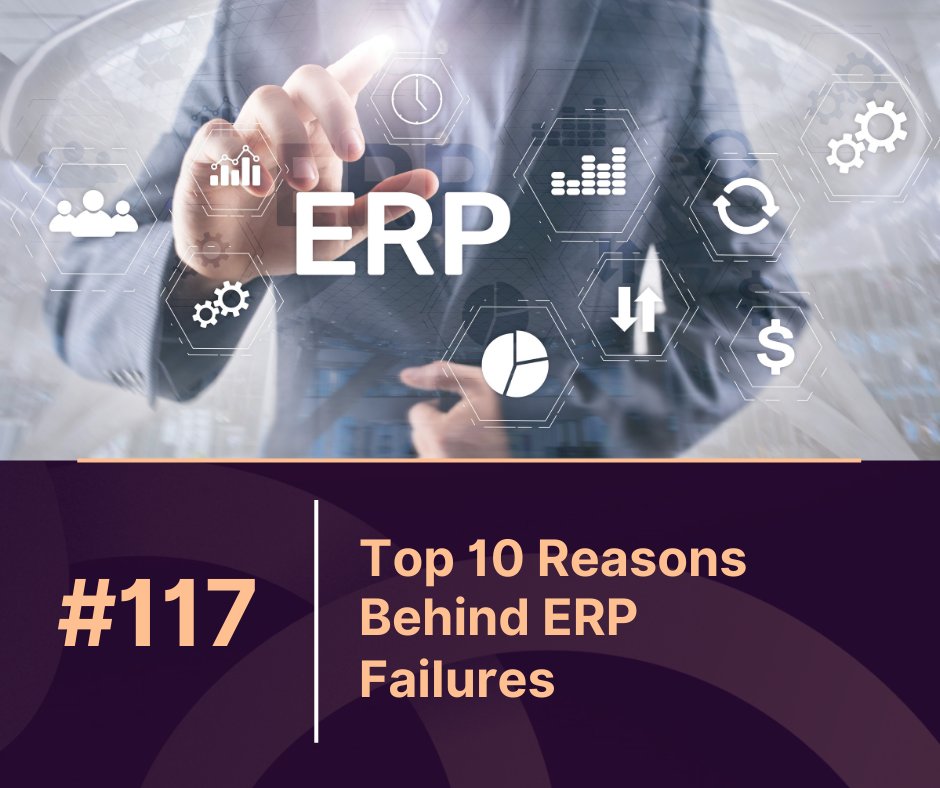Overview
Enterprise Resource Planning (ERP) systems promise streamlined operations, real-time insights, and better decision-making. Yet, studies show that over 55% of ERP implementations fail to meet expectations, costing organizations millions in time and productivity.
Understanding the key causes of ERP failures and how to avoid them is crucial for business leaders investing in digital transformation.
In this guide, we’ll explore the top 10 reasons ERP projects fail, practical steps to prevent them, and how modern, flexible platforms like MaxHR are reshaping how businesses manage HR and operations effectively.
What Are ERP Failures?
ERP failures occur when a system doesn’t deliver its intended value — whether due to poor planning, lack of adoption, or technical challenges. The result? Increased costs, frustrated employees, and disrupted operations.
According to a 2024 Gartner report, companies lose an average of $1.3 million per failed ERP rollout, largely due to project mismanagement and low user engagement.
Top 10 Reasons Behind ERP Failures (and How to Avoid Them)
| # | Reason | Impact | Prevention Strategy |
|---|---|---|---|
| 1 | Lack of Clear Goals | Misaligned outcomes | Define measurable KPIs before implementation |
| 2 | Poor Change Management | User resistance | Conduct training and internal communication early |
| 3 | Inadequate Vendor Selection | Misfit technology | Compare features, scalability, and local support |
| 4 | Unrealistic Timelines | Project overruns | Set phased milestones and realistic rollout schedules |
| 5 | Data Migration Errors | Inaccurate reporting | Audit and clean data before migration |
| 6 | Limited User Training | Low adoption rates | Provide hands-on onboarding and post-launch support |
| 7 | Customization Overload | Increased costs | Customize only where business-critical |
| 8 | Integration Gaps | Siloed systems | Choose APIs or software that integrate seamlessly |
| 9 | Ignoring Compliance | Legal risks | Ensure ERP supports local labor and tax laws |
| 10 | Lack of Leadership Support | Poor accountability | Involve top management from day one |
1. Lack of Clear Business Objectives
ERP systems fail when businesses don’t define why they need them. Before starting, identify goals such as cost reduction, real-time reporting, or better HR visibility.
Tip: Create measurable KPIs. e.g., “reduce payroll processing time by 40%.”
2. Poor Change Management
ERP adoption is a human issue first, not a technical one. Employees resist change if they don’t understand the “why.”
Solution: Involve teams early, communicate benefits, and appoint “change champions” to lead the transition.
3. Underestimating Training & Support
Even the best ERP will fail if users don’t know how to use it.
Platforms like MaxHR ensure smooth adoption by offering intuitive dashboards and local support teams that help users master HR automation quickly.
4. Over-Customization
Too many modifications can lead to technical debt and slow performance.
Focus on aligning workflows with your ERP rather than customizing every process. Choose flexible tools that evolve with your needs instead of forcing endless tweaks.
5. Ignoring Data Accuracy
Faulty or incomplete data can derail implementation.
Clean your legacy data, validate key fields, and test imports before go-live. This ensures accurate analytics and financial reporting post-deployment.
6. Unrealistic Expectations
Some companies expect an ERP to fix every business problem overnight.
In reality, transformation takes time. Start small, measure success, and scale gradually. Cloud-based ERP systems with modular setups (like MaxHR) let you expand as you grow.
7. Integration Failures
Disconnected systems cause data silos and inefficiency.
Prioritize ERP software that integrates easily with payroll, accounting, CRM, and HR platforms. A unified ecosystem ensures consistent data flow and faster decision-making.
8. Lack of Compliance Readiness
Ignoring local labor laws, tax codes, or industry standards can lead to fines.
In markets like the UAE, for example, ERP tools must align with WPS (Wage Protection System) and gratuity rules — something that local platforms handle better than global ones.
9. Weak Leadership Involvement
When leadership treats ERP as an IT project instead of a business transformation, results suffer.
Successful projects have active C-suite sponsors who monitor progress, allocate resources, and model adoption.
10. No Post-Go-Live Optimization
Implementation isn’t the finish line it’s the start.
Track performance, review feedback, and continue training. The best systems (like MaxHR’s continuous improvement model) adapt through updates, analytics, and user input.
Common Statistics on ERP Failures
| Metric | Percentage | Source |
|---|---|---|
| ERP projects exceeding budgets | 64% | Gartner 2024 |
| ERP projects failing to meet goals | 55% | Panorama Consulting |
| Businesses citing poor training as cause | 43% | Deloitte ERP Survey |
| Projects delayed beyond schedule | 61% | IDC 2025 |
| Companies achieving full ROI | 37% | PwC 2024 |
Insight: Companies that prioritize user adoption and training are 2.5x more likely to achieve full ROI from ERP investments.
How to Avoid ERP Failures
-
Set clear, measurable goals tied to business outcomes.
-
Choose a trusted, local vendor with proven implementation experience.
-
Provide extensive user training before and after launch.
-
Maintain data integrity and integration with existing tools.
-
Treat ERP as a long-term strategy, not a one-time project.
Conclusion
ERP failures aren’t just about bad software they’re about misalignment between people, processes, and technology.
By focusing on realistic goals, data quality, user adoption, and continuous optimization, businesses can turn ERP from a challenge into a competitive advantage.
Modern HR and ERP platforms like MaxHR demonstrate how smart design, automation, and compliance-ready systems can transform everyday operations into measurable success.
When done right, ERP implementation isn’t a risk it’s a return.
FAQs: ERP Failures & Prevention
1. What are the main causes of ERP failures?
Poor planning, lack of user adoption, unclear goals, and data migration issues are the most common causes.
2. How can ERP implementation failures be prevented?
By setting clear KPIs, training users, choosing flexible software, and maintaining data quality.
3. What is the success rate of ERP projects?
Around 45–50% of ERP projects fully meet their objectives, according to Gartner 2024.
4. How can MaxHR help avoid ERP failures?
MaxHR offers automation, localized compliance, and easy onboarding, minimizing implementation risk for HR and payroll processes.
5. What should businesses do after ERP go-live?
Continuously monitor system performance, gather feedback, and update configurations for evolving business needs.
Last Updated Oct, 2025



